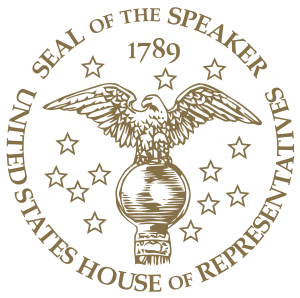One of the things that happened after January 6th was that bank transactions and credit card transactions in the Washington, D.C., are were tracked to see who was in Washington on that day. One person I know who went to the rally and then went back to her hotel had her business’ PayPal account canceled essentially because she used her credit card to buy a hamburger. She was never anywhere near the Capitol building. How did PayPal know she was in Washington?
On Friday, The Epoch Times reported the following:
House Judiciary Chairman Jim Jordan (R-Ohio) has subpoenaed Bank of America (BoA) for information over the company’s alleged sharing with the FBI of private customer data from around the time of the Jan. 6, 2021, events in Washington.
The subpoena is part of the Select Subcommittee on the Weaponization of the Federal Government’s probe “into major banks sharing Americans’ private financial data with the [FBI] without legal process for transactions made in the Washington, DC, area around Jan. 6, 2021″—the day that supporters of President Donald Trump breached the U.S. Capitol as Congress was certifying the 2020 election, which the former president has called rigged and stolen. Politico first reported the Nov. 16 development.
The committee subpoenaed relevant documents from the bank, including internal communications about the decision to transfer the information to the FBI, any communications that the bank had with the agency, and any other information. The lawmakers gave Bank of America a June 8 deadline to comply.
The article also notes:
Those who had used Bank of America accounts to purchase a firearm, regardless of when or where the transaction took place, were bumped to the top of that list.
The article includes a possible solution to this obvious invasion of privacy:
However, in a Nov. 16 letter to Bank of America CEO Brian Moynihan, informing him of the subpoena, Mr. Jordan, who also chairs the Weaponization Select Subcommittee, wrote that, “it is unclear what ‘legal’ process permits the FBI or BoA to share the sensitive customer information of potentially thousands of BoA customers and implicate them in a federal law enforcement investigation without any clear criminal nexus.”
After all, the Ohio congressman wrote, “If such a lawful authority exists, as BoA asserts, for BoA to freely share private financial information without any legal process or specific nexus to criminality, Congress has a responsibility to consider reforms that adequately protect Americans’ information.”
This is something to keep an eye on.




